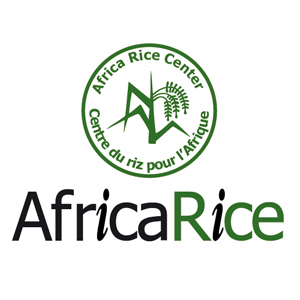Episodes

Monday May 13, 2013
Addressing the gender dimensions of rice research and development
Monday May 13, 2013
Monday May 13, 2013
How do men and women rice farmers respond to the impacts of climate change, particularly relating to safeguarding food security and livelihoods? In sub-Saharan Africa, rice is primarily a women’s crop in the rainfed upland and lowland ecologies. They provide the bulk of the labor to rice cultivation from sowing to weeding, harvesting, bird scaring and also processing and marketing. Despite their central role, women rice farmers, processors and traders have limited access to and control of productive resources, which prevent them from adopting new technologies. But there is growing realization that climate-smart agriculture actions must take gender issues into account. An Africa-wide Task Force on Gender in Rice Research and Technology Development (GRRTD) was established in 2011 is to support the efforts of AfricaRice and its national partners in addressing gender concerns especially gender gaps in access to technologies, knowledge, specific technology needs of women and their potential roles as contributors and beneficiaries of technologies in the rice value chains. The GRRTD Task Force functions through gender focal points nominated in AfricaRice member countries. As part of the CGIAR Research Program on Rice known as the Global Rice Science Partnerships or GRiSP in short, the GRRTD Task Force was actively involved in a research project on “Gender and Climate Change in Stress-prone Rice Environments in Asia and Africa.” A workshop to synthesize and draw lessons from the findings of this research was held, 6-10 May 2013, at AfricaRice, Cotonou, Benin. Key gender focal points as well as researchers involved in mainstreaming gender in rice R&D from the national programs in Africa, the International Rice Research Institute and AfricaRice attended. The participants discussed strategies to strengthen capacities for conducting research on gender issues and integrate gender into rice research and technology processes. They also developed 2013/2014 work plans for the African component of the GRiSP Gender Strategy. Speakers in the podcast (in order of intervention) Afiavi R Agboh-Noameshie, AfricaRice, Benin Thelma Paris, IRRI, Philippines Alice Djinadou Igue, INRAB, Benin Grace Bolfrey Arku, CSIR-Crops Research Institute, Ghana Marie-Antoinette Haba, IRAG, Guinea Dorothy Malaa, IRAD, Cameroon Maimouna Ndour, AfricaRice, Senegal Jean Moreira, AfricaRice, Benin For more information, please visit www.africarice.org Podcast credit : Savitri Mohapatra, R.Raman, AfricaRice


No comments yet. Be the first to say something!